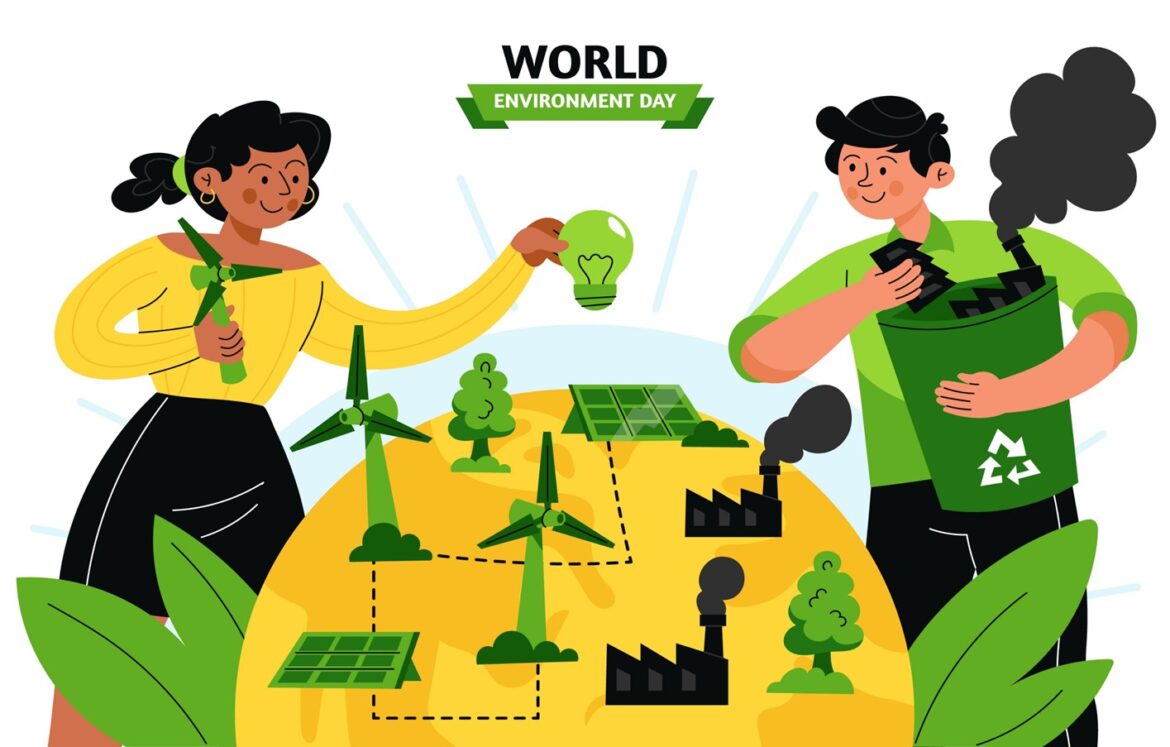Bangladesh is stepping up training in green skills so people can get steady jobs while helping the planet, and leaders say this change can lift towns, support small firms and make industries cleaner. Green skills are practical and easy to teach. They include sorting and recycling waste, fixing and maintaining solar panels, installing energy-saving lights and motors, keeping small pumps and water systems running, and basic repair work for electric rickshaws and batteries. They also cover simple practices that save money for businesses, such as cutting fuel use, improving insulation, choosing reusable packaging and planning routes to cut delivery time. These skills help shops, factories and farms run cheaper and cleaner while creating new jobs for young people, technicians and local service providers. Small training courses can help unemployed graduates, women and workers from informal jobs learn useful trades and then find paid work close to home. Local colleges, vocational centres and community groups can team up with businesses so training matches what employers need, and that helps trainees move quickly from class to a real job. Firms benefit because trained workers lower waste, cut bills and raise product quality, which brings more customers and stronger local demand. Community recycling and repair shops can turn used materials into saleable goods, while networks of repair technicians can keep small machines working longer and cut the need for costly imports. To reach many people, training must be low cost, short and practical, using hands-on lessons, role plays and simple tests so learners build confidence fast. Supportive rules, small grants for tools, and cheap loans for starter kits help new micro firms begin work without heavy costs. Tech tools such as simple apps and local dashboards can match trainees with nearby employers and track local demand for skills. Public-private pilots can test what works, then expand successful models so more towns benefit. Women-focused training and flexible schedules let mothers and caregivers join courses and earn extra income for their families. Local success also grows local supply chains: packers, parts makers and delivery helpers all find steady work when green services scale. Clear quality checks and basic certification give employers confidence in new hires and help trainees show they can do the job. With steady support from schools, businesses and local leaders, green skills can spread widely, creating many small, dependable jobs while cutting pollution and saving money for firms and families. Training can be offered in short courses at local colleges, vocational centres and community hubs near learners’ homes.
Green Skills Drive: Bangladesh Trains Workers for Clean Jobs and Local Growth
30


